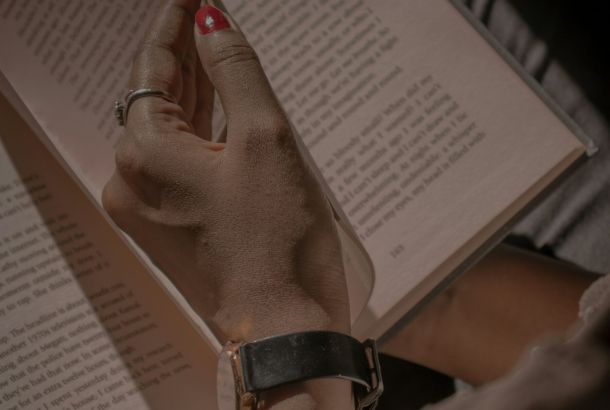Warsan Shire: provoking empathy
Warsan Shire has been writing about immigration and refugees since long before the majority of the UK registered the true, disturbing realities of the refugee crisis. A crisis that, if we are to judge by the reactions of mainstream media, only emerged at the start of this month. A mainstream media who suddenly jumped into action after the crisis was personified in the viral image of the drowned Syrian toddler, Aylan Kurdi.
Shire’s 2011 collection Teaching My Mother How To Give Birth is, in the best possible way, unlike anything I’ve ever read. Her writing carries an attractive sense of hyper-realism, cutting to the root of the pain behind her words and making them almost writhe on the page. Drawing on her experiences as a Kenyan-born Somali poet now living in London, Shire often writes about the experiences of female immigrants and refugees, which will strike raw with anyone who has experienced a sense of cultural entrapment or a violent clash in cultural identities.
Although I commend the whole collection and recommend reading it back-to-back to get the full sense of the progression of the poetry and to see how the poems fit together, I have selected two extracts from the prose-poem ‘Conversations About Home (at the Deportation Centre)’. The first is below:
I hear them say go home. I hear them say fucking immigrants, fucking refugees. Are they really this ignorant? Do
they not know that stability is like a lover with a sweet mouth upon your body one second; the next you are a tremor
lying on the floor covered in rubble and old currency, waiting for its return. All I can say is, I was once like you, the
apathy, the pity, the ungrateful placement and now my home is the mouth of a shark, now my home is the barrel of a
gun. I’ll see you on the other side.
Teaching My Mother How To Give Birth was released in 2011, but the exact date that this was written is not known; however, it was definitely written before the first few days of this September, when the mass media finally started publicising the refugee crisis, and before the wider UK public began to organise large demonstrations, one of which I attended in London, petitioning David Cameron to allow more than the mere 20,000 Syrian refugees he agreed to over the next five years. Germany had refuged 10,000 people in a single day.
The aggression in this poem is not misplaced and the idea of “I was once like you” shows how we should not dehumanise refugees, since we are not inherently better people for not being born in a war-torn country. Anybody could have been less lucky and anybody could be fleeing their homes. Shire also wrote recently that “you have to understand, that no one puts their children in a boat unless the boat is safer than the land.”
It is important to remember that the refugees are not just Syrian. According to the UN Refugee Council, Syria is the third biggest source of refugees to the UK, Pakistan is the second and the first is Eritrea. A second extract from ‘Conversations About Home (at the Deportation Centre)’ reads thus:
Well, I think home spat me out, the blackouts and curfews like tongue against loose tooth. God, do you know how
difficult it is, to talk about the day your own city dragged you by the hair, past the old prison, past the school gates,
past the burning torsos erected on poles like flags? When I meet others like me I recognise the longing, the missing,
the memory of ash on their faces. No one leaves home unless home is the mouth of a shark. I’ve been carrying the old
anthem in my mouth for so long that there’s no space for another song, another tongue or another language. I know
a shame that shrouds, totally engulfs. I tore up and ate my own passport in an airport hotel. I’m bloated with
language I can’t afford to forget.
Again, “no one leaves home unless home is the mouth of a shark.” It is clear that Warsan Shire is a writer of paramount importance when it comes to understanding both the extensive suffering of refugees and connecting with them on a human level, because it is the humanity that is sadly often overlooked.







